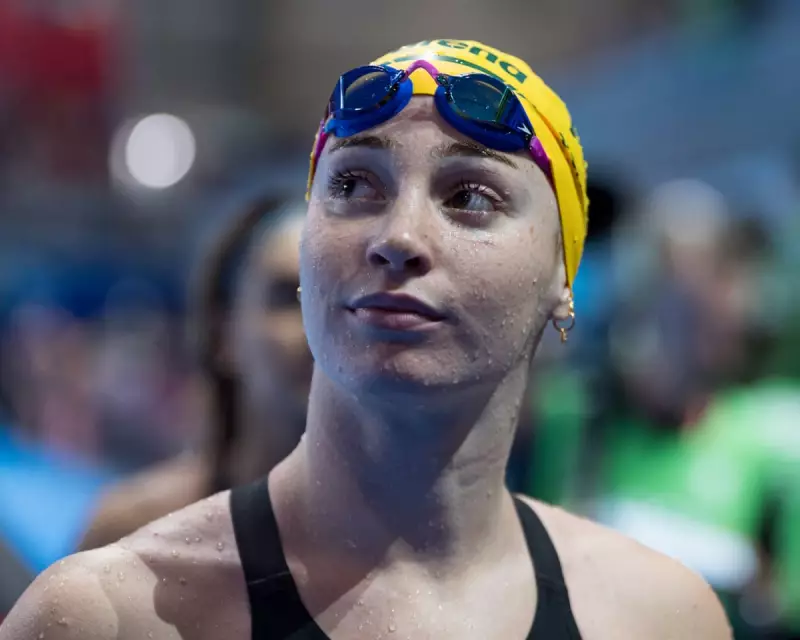
Australian swimming sensation Mollie O'Callaghan has found herself at the centre of a disturbing social media hoax, with fabricated quotes attributed to her regarding transgender swimmer Lia Thomas circulating widely online.
The world champion freestyler has been targeted by anonymous accounts creating false statements that appear to criticise Thomas's participation in women's swimming competitions. These completely invented quotes have been spreading across various platforms, including those owned by Meta, causing significant distress to the young athlete.
Swimming Australia Takes Swift Action
Swimming Australia has moved quickly to address the situation, confirming that the statements are entirely false and do not reflect O'Callaghan's views or comments. The governing body is working to have the fraudulent content removed from social media platforms while offering full support to their star swimmer.
"These fabricated quotes are completely untrue and have caused considerable distress to Mollie," a spokesperson for Swimming Australia stated. "We're taking all necessary steps to address this malicious content and support our athlete through this challenging situation."
The Wider Context of Transgender Athlete Debates
This incident occurs against the backdrop of ongoing global discussions about transgender participation in elite sports. Lia Thomas, an American swimmer, became a prominent figure in this debate after winning the NCAA women's 500-yard freestyle title in 2022.
The fake quotes appear designed to exploit the sensitive nature of this discussion, using O'Callaghan's platform to spread misinformation and potentially damage her reputation within the swimming community.
Social Media Platforms Under Scrutiny
Meta, which owns Facebook and Instagram, faces renewed questions about its ability to prevent the spread of fabricated content targeting high-profile athletes. The speed at which these fake quotes circulated highlights the ongoing challenges social media companies face in content moderation.
Sports psychologists have noted the significant mental health impact such incidents can have on young athletes, particularly when they're dragged into controversial debates without their consent.
Protecting Athletes from Digital Manipulation
This case raises important questions about athlete protection in the digital age. As social media continues to play a dominant role in sports discourse, governing bodies and platforms alike are being forced to confront new forms of digital harassment and misinformation.
O'Callaghan's experience serves as a stark reminder of the vulnerabilities athletes face in an era where their words can be easily fabricated and their reputations threatened by anonymous online actors.





